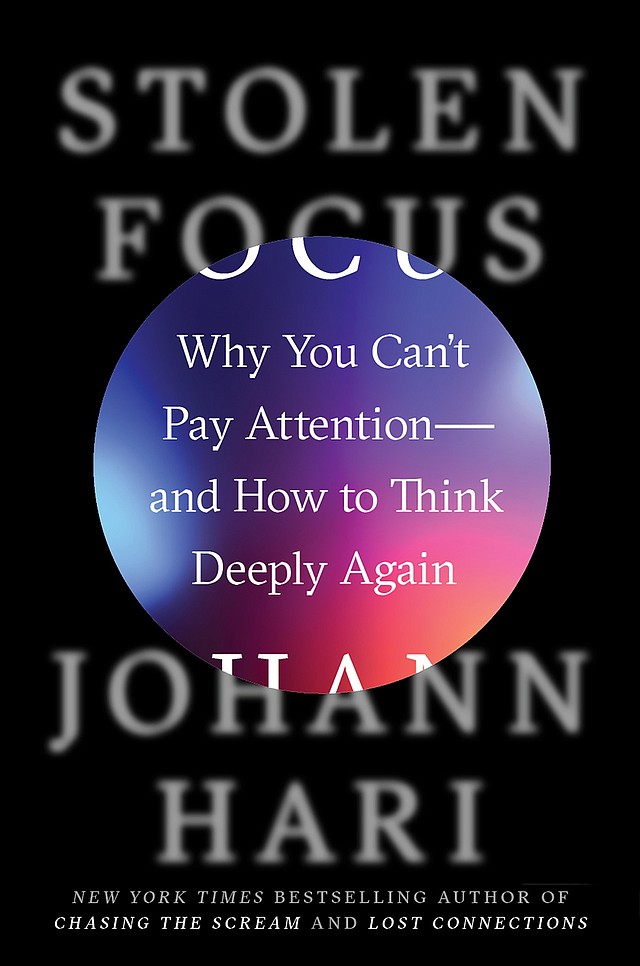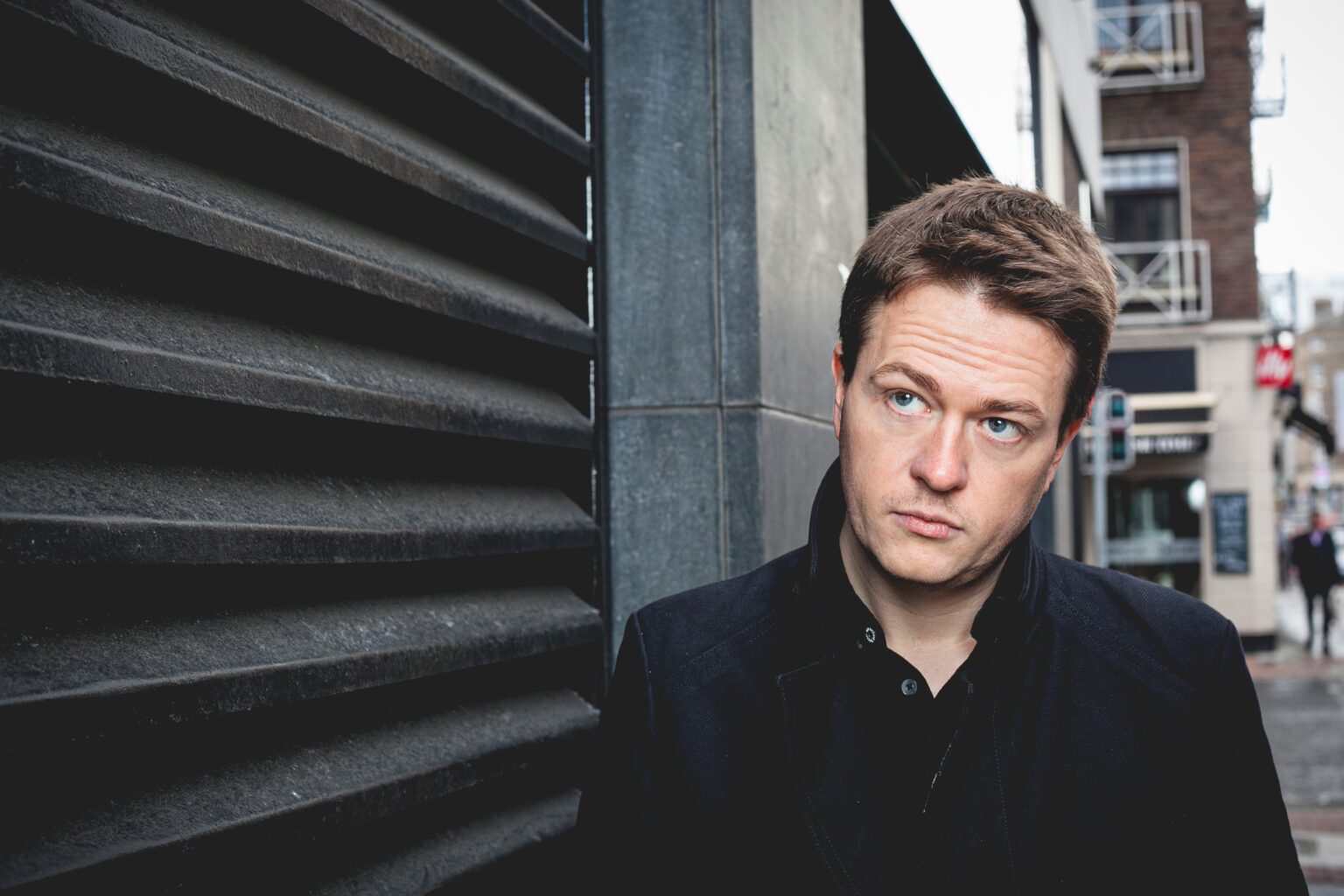If you’ve ever Googled “how to get my brain to focus” or lamented your lost capacity for concentration, check out writer and journalist Johann Hari’s most recent book, “Stolen Focus: Why You Can’t Pay Attention — and How to Think Deeply Again.”
Hari spoke with experts around the world to investigate this degrading of our attention and the result is a readable and thought-provoking exploration of a problem that has reached epidemic proportions.
He identifies 12 causes for our stolen focus, including higher levels of stress, deteriorating diets and environmental pollution. As you might expect, technology that tracks and manipulates, and social media figure prominently, including fascinating insider interviews with Instagram and Google designers who are now deeply concerned about the damaging impact of their work on human behavior.
Data revealed by studies Hari cites is shocking — for example, on average, an adult working in an office stays on task for only about three minutes — and we rarely experience flow states. Mihaly Csikszentmihalyi, known for his groundbreaking book “Flow: The Psychology of Optimal Experience,” succinctly sums up the outcomes of fragmented attention and flow states, noting that fragmentation makes our lives “smaller, shallower, angrier” and flow makes us “bigger, deeper, calmer.”
 Hari’s book is a useful toolkit to better understand forces that erode your ability to pay attention and offer ideas for changes you can make. (Image courtesy of Penguin Random House)
Hari’s book is a useful toolkit to better understand forces that erode your ability to pay attention and offer ideas for changes you can make. (Image courtesy of Penguin Random House)
Physical and mental exhaustion are other factors that make it difficult for us to pay attention; while many circumstances (like stress) contribute to exhaustion, today 40% of Americans are chronically sleep-deprived. The impact of screen light on our brains contributes to this problem. Adequate sleep is also important because dreaming can help us adapt emotionally to events that occur in our waking lives, but many of us never get to reap the benefit of dream-rich REM periods that typically occur after seven or eight hours of sleep.
Screens have also changed our relationship with reading; reading a book requires focus over a sustained period, but Hari notes that much of the reading we do on screens is more akin to “dashing around a busy supermarket to grab what you need and then get out again.” He wonders, if we struggle to focus long enough to read a book, how will we solve challenging problems like climate change?
Hari estimates that steps he has taken personally as a result of this research have improved his focus by 15 or 20% in a short amount of time. He stopped switching tasks so much by using tools like kSafe, which locks your phone in a box for a set period of time, and he turns off the internet on his laptop for periods of time using a web blocker. He makes time for mind-wandering, going for an hour walk every day without his phone or any other distractions. He has committed to sleeping eight hours a night.
Hari is quick to note, however, that while individuals can take steps to regain focus and brain autonomy, solving this problem will require a systemic response; something like an Attention Rebellion movement “liberating ourselves from people who are controlling our minds without our consent.”
System solutions could include a ban on the “surveillance capitalism” business model, making it illegal to collect behavioral information that is then sold to the highest bidder. Social media providers could provide the option for users to turn off “infinite scroll,” giving people a moment to make a choice about whether to continue viewing content by clicking “next page.” Facebook could ask how much time users want to spend on the platform and then push customized messages to help them achieve their goals. Or ask what changes users would like to make in their lives and then connect them with various forms of support that can help them realize their intentions.
If you are like me and have experienced issues with focus, “Stolen Focus” is a useful toolkit to better understand forces that erode your ability to pay attention and offer ideas for changes you can make. It is, however, also a call to action; pointing out that a democratic society counts on the ability of its citizens to be able to pay attention and identify issues that negatively impact us collectively, then come up with solutions and hold leaders accountable.
Lisa Gresham is collection services manager for the Whatcom County Library System — where you can enhance your focus through reading, discovering meaningful activities you want to focus on, and giving your mind space to wander. Info: wcls.org.




